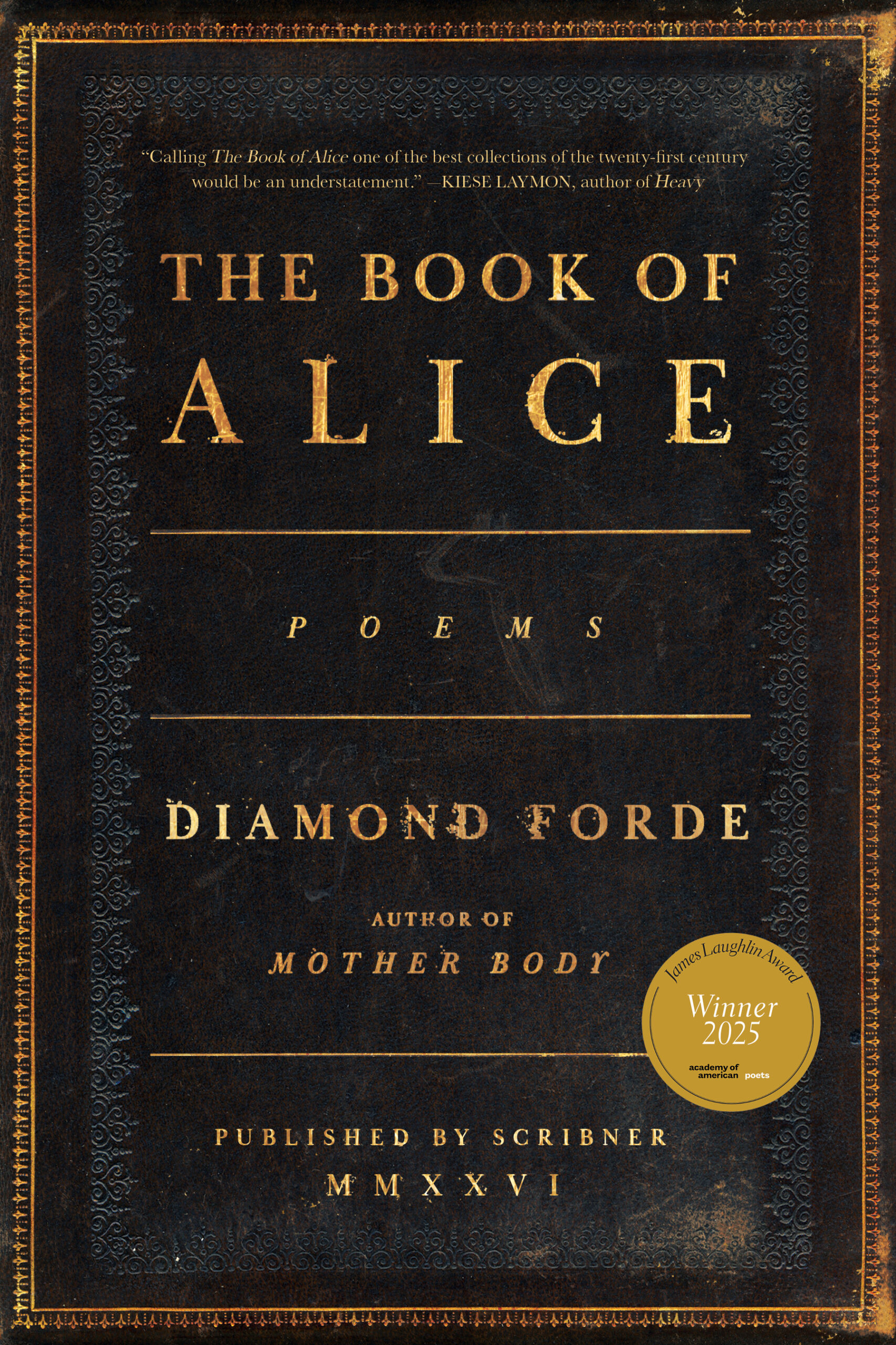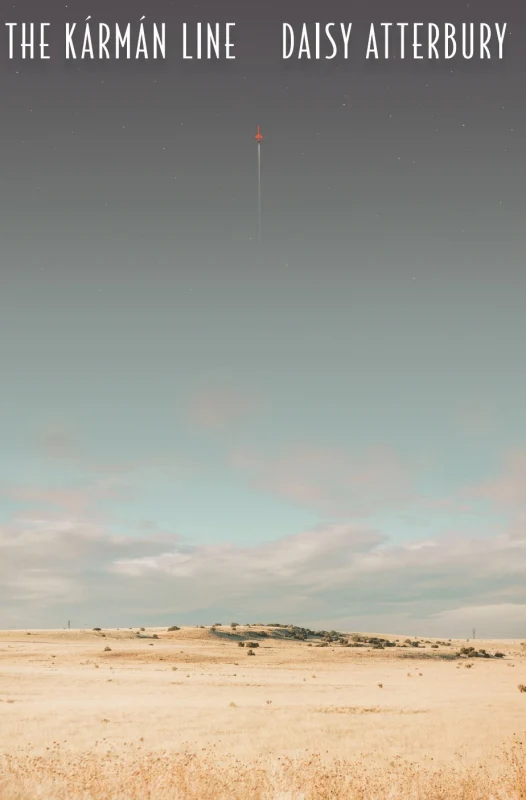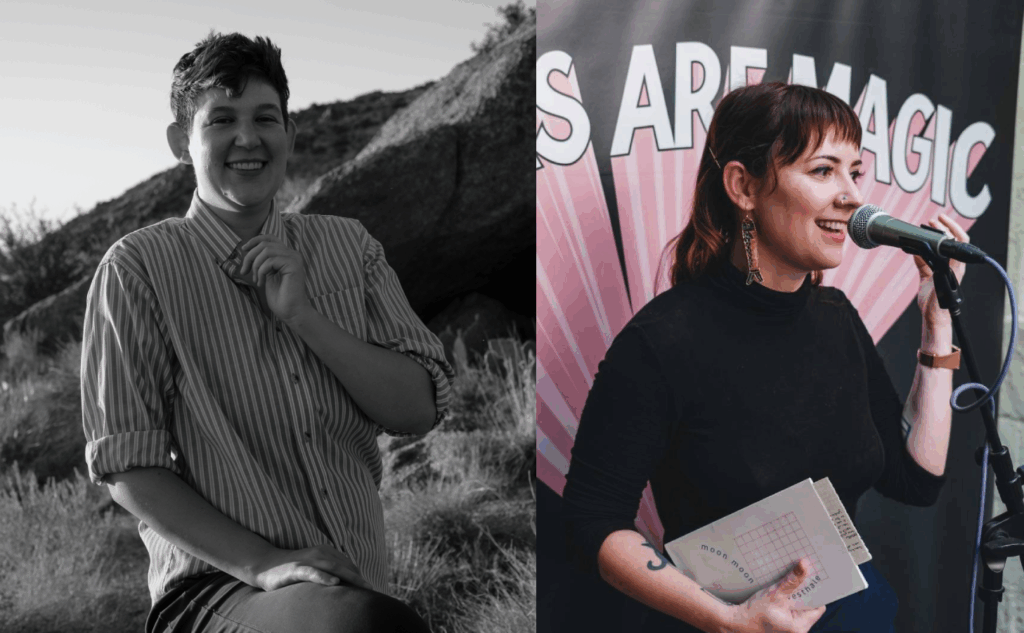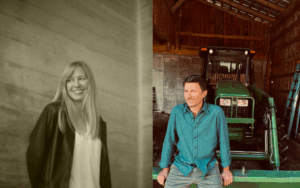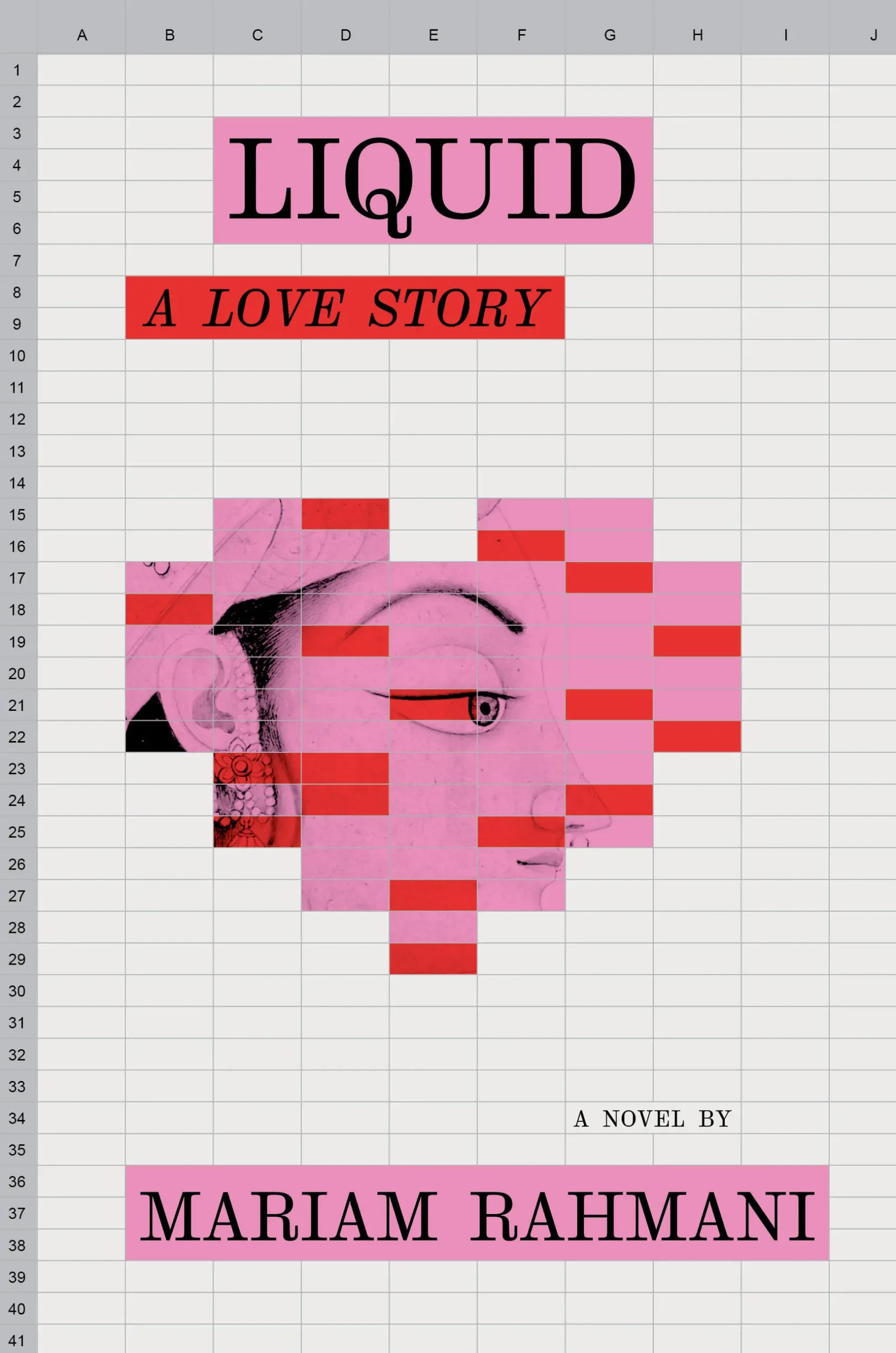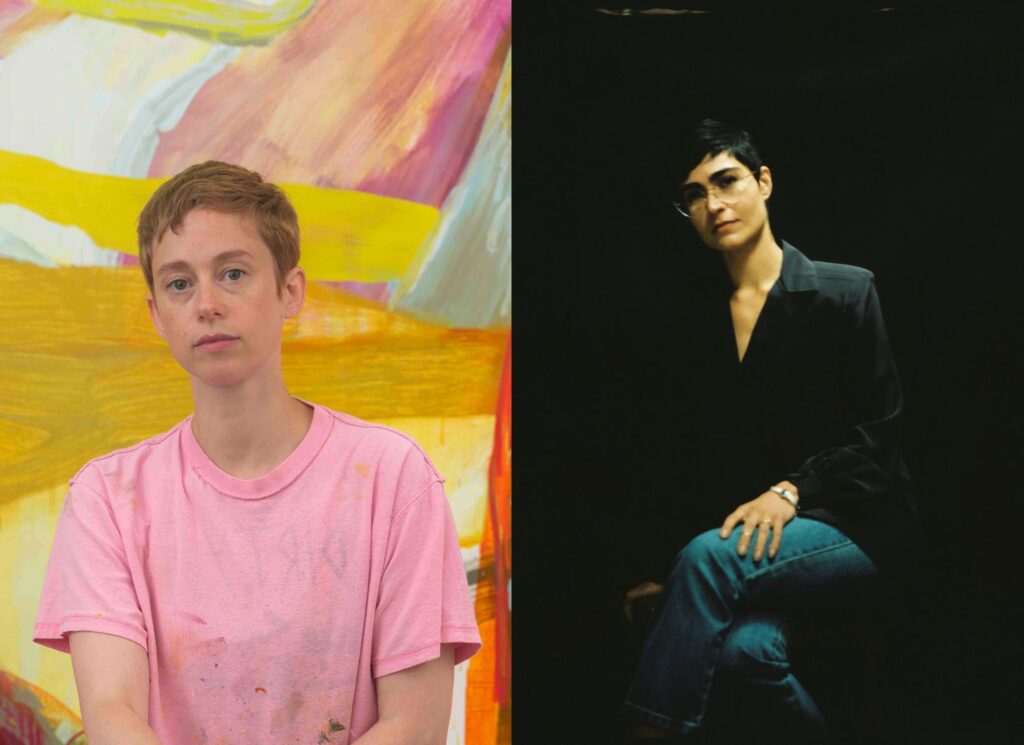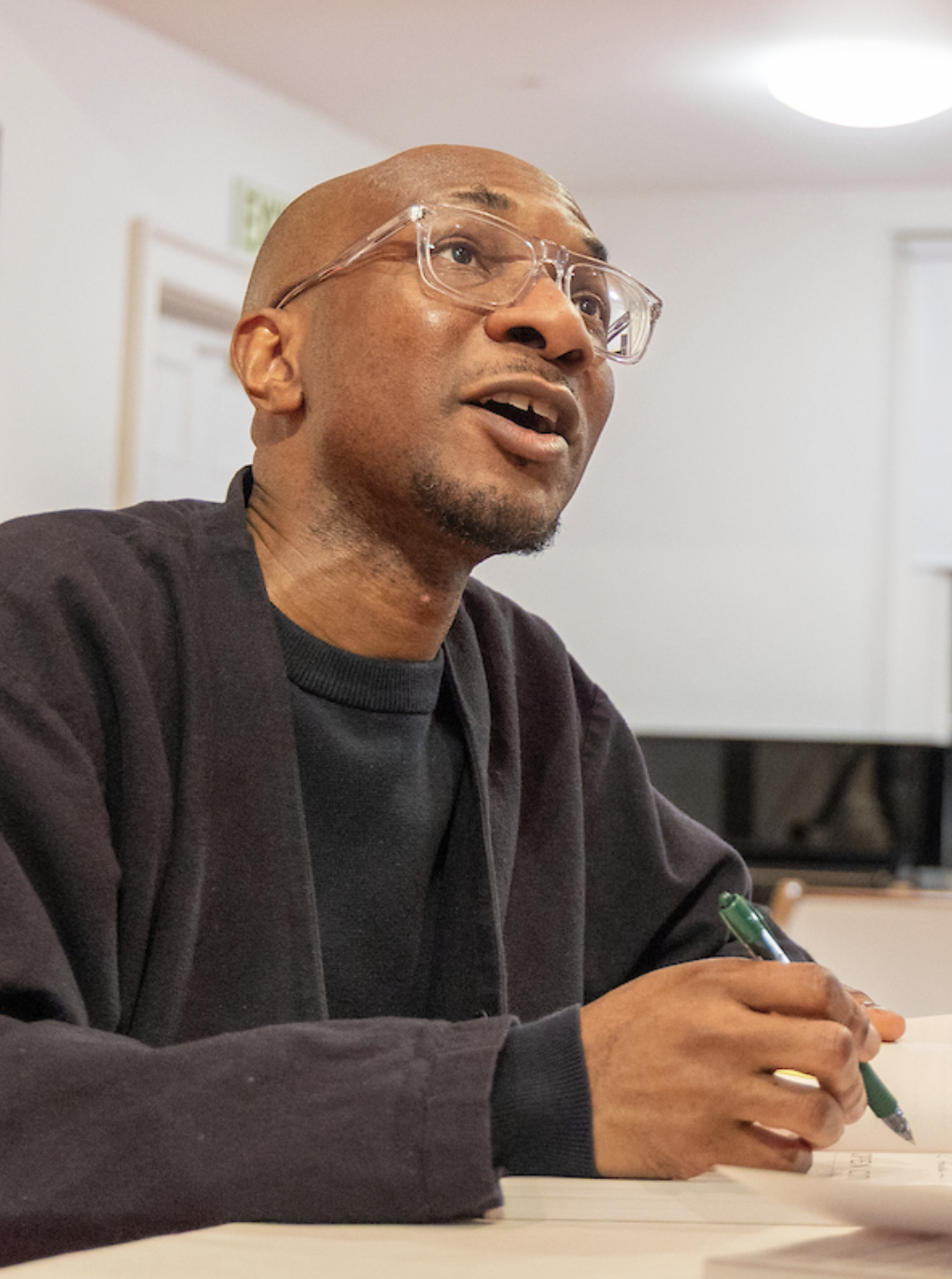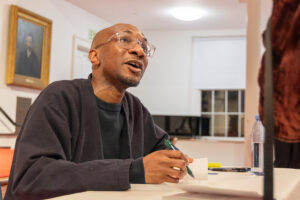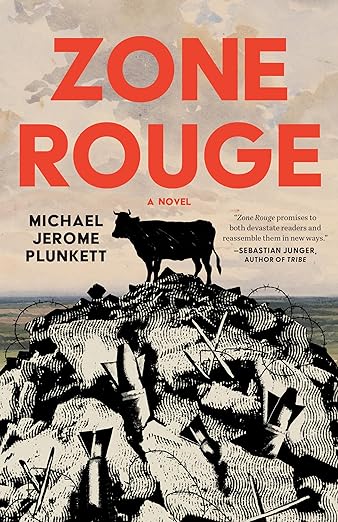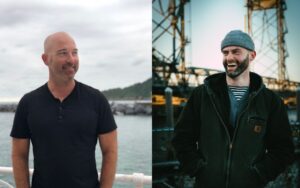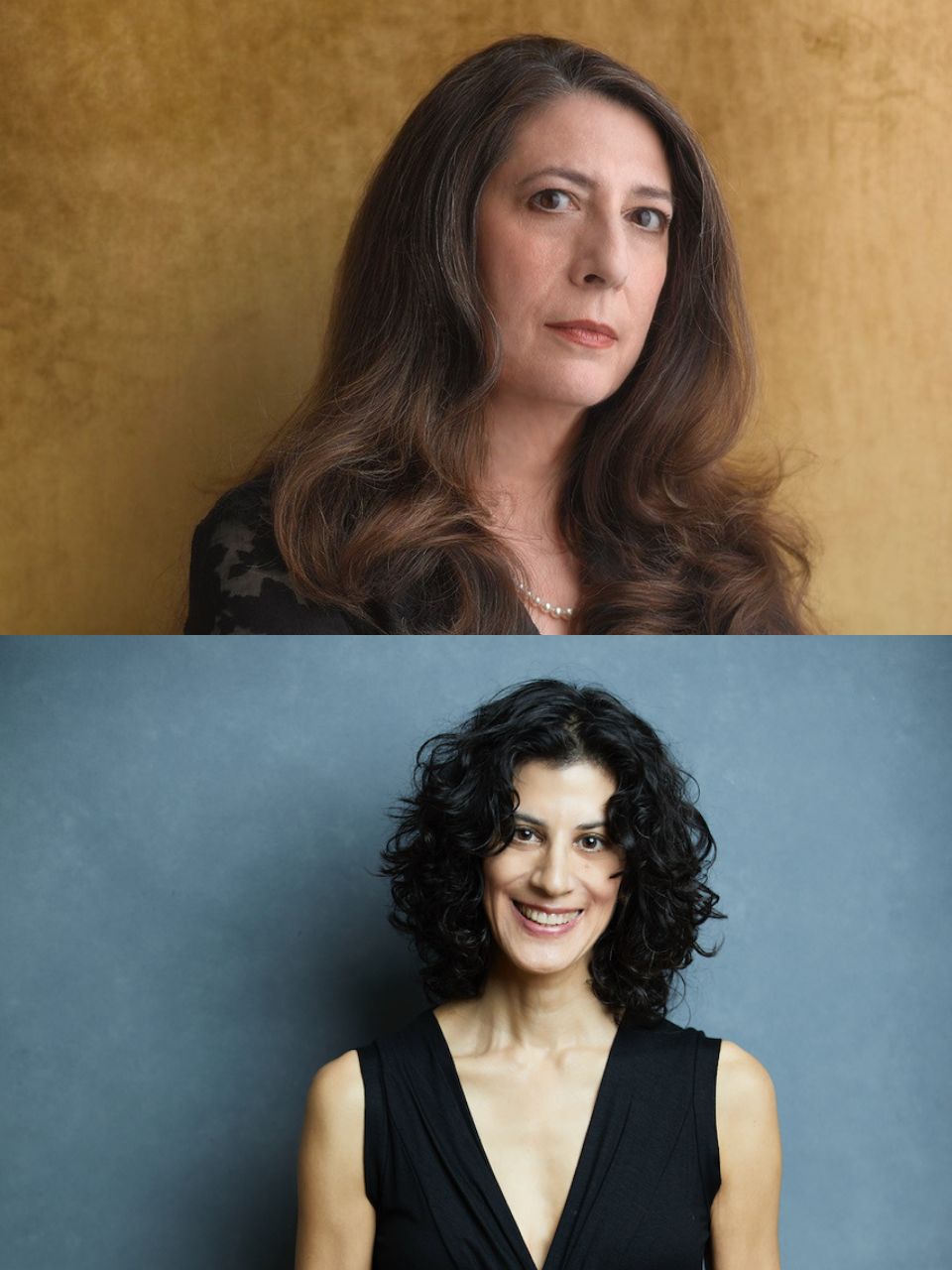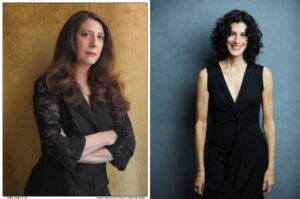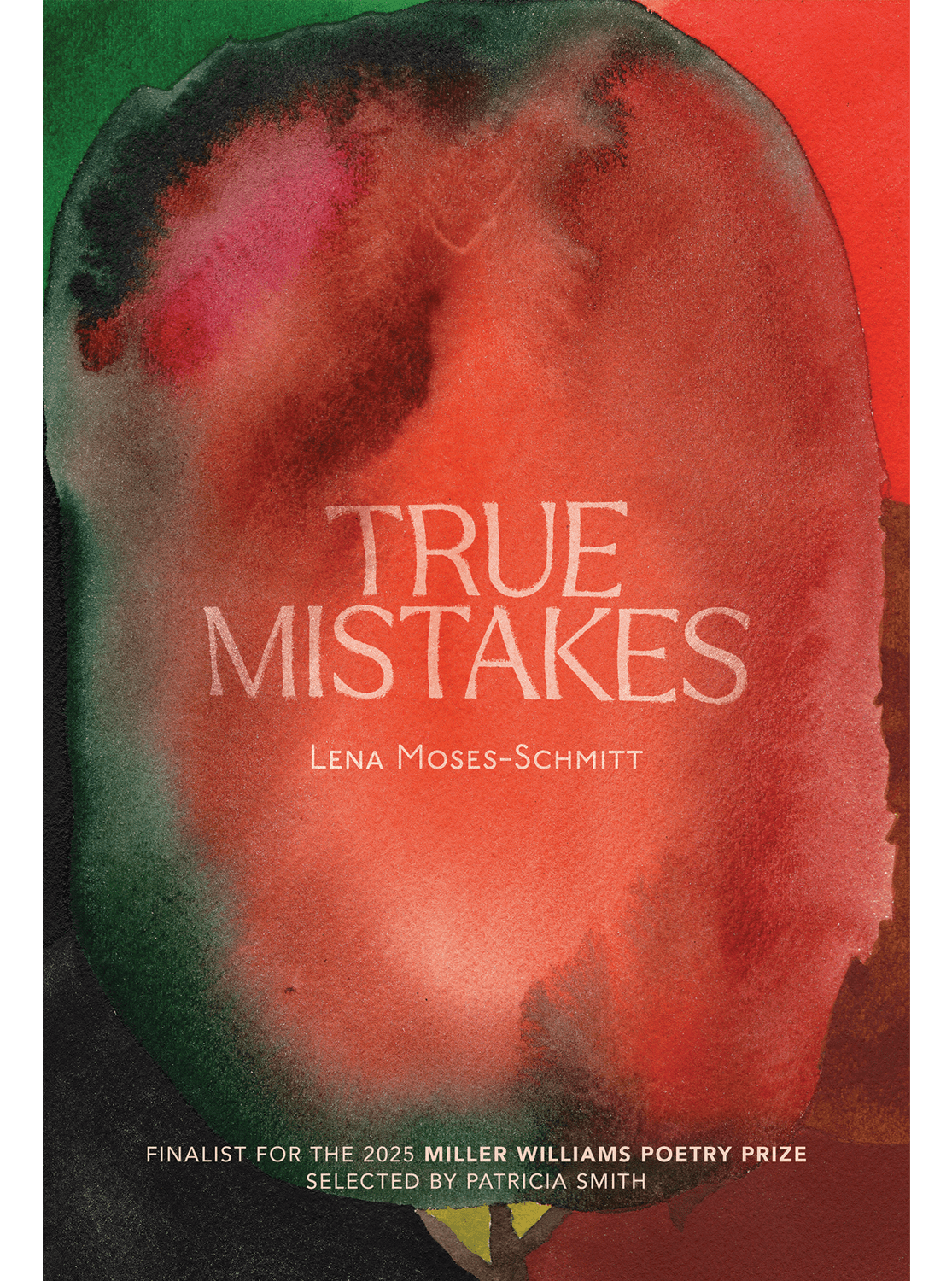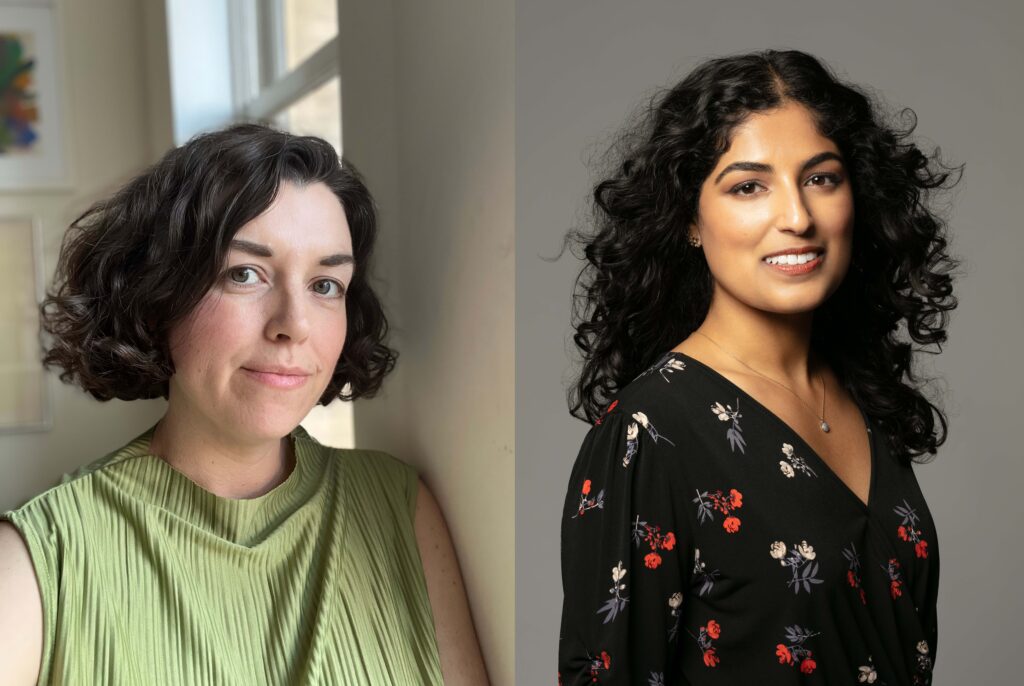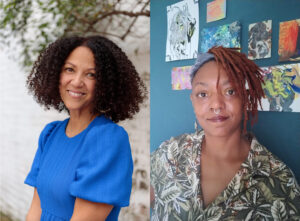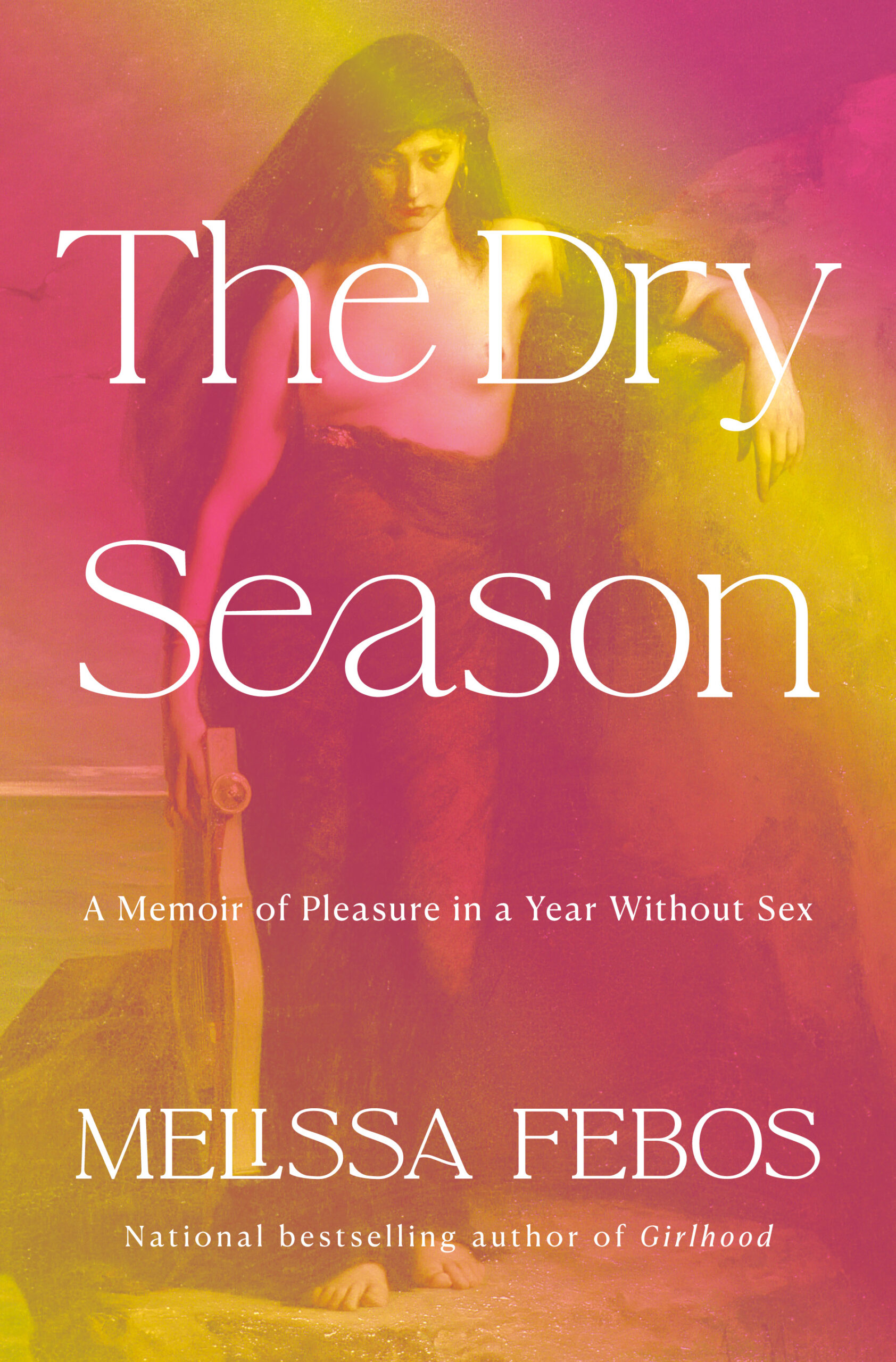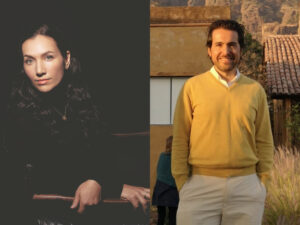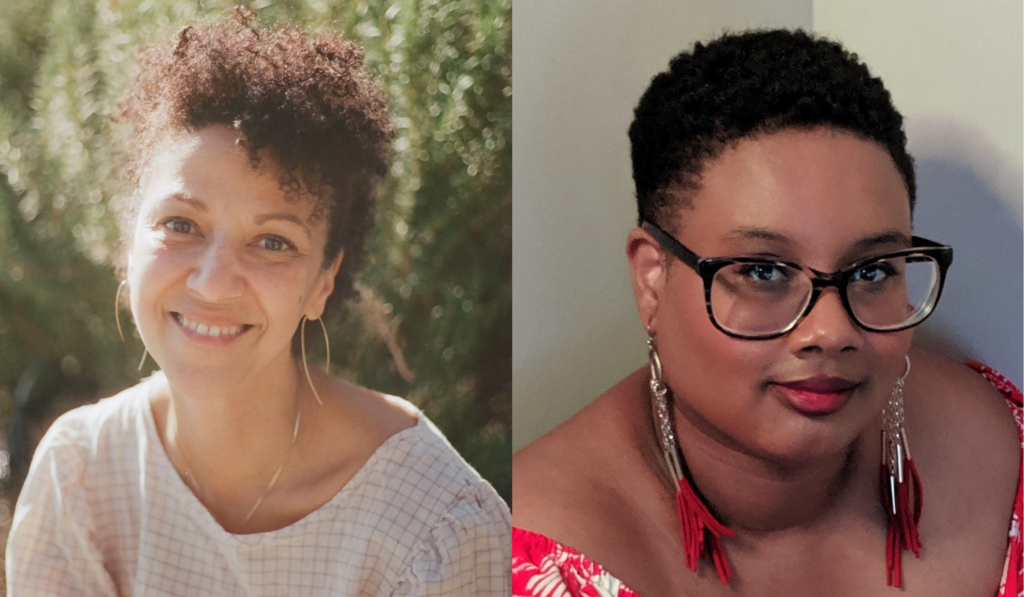
Rosa Castellano (left) and Diamond Forde (right)
DIAMOND FORDE’s newest poetry collection, The Book of Alice, was the winner of the Academy of American Poets’ James Laughlin Award and was recently published by Scribner Books. Her first poetry collection, Mother Body, was a Kate Tufts Discovery Award nominee.
For this interview, Forde connected with friend and fellow poet, ROSA CASTELLANO, over Zoom. Castellano sipped coffee in Richmond, Virginia, while Forde sat in her bright office in Raleigh, North Carolina. Her dog, Oatmeal, curled at her feet. The poets discussed navigating family memories, the Bible, and Scribner selecting Forde’s manuscript during their open call for poetry manuscripts in 2023.
